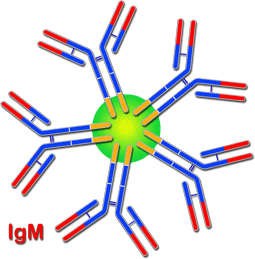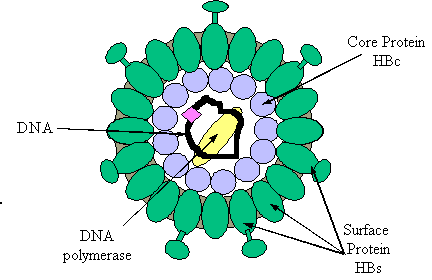What determines the outcome of acute hepatitis B?
The body’s immune response is the major determinant of the outcome in acute hepatitis B. Individuals who develop a strong immune response to the infection are more likely to clear the virus and recover. However, these patients also are more likely to develop more severe liver injury and symptoms due to the strong immune response that is trying to eliminate the virus. On the other hand, a weaker immune response results in less liver injury and fewer symptoms but a higher risk of developing chronic hepatitis B. People who recover and eliminate the virus will develop life-long immunity, that is, protection from subsequent infection from hepatitis B. Continue reading

